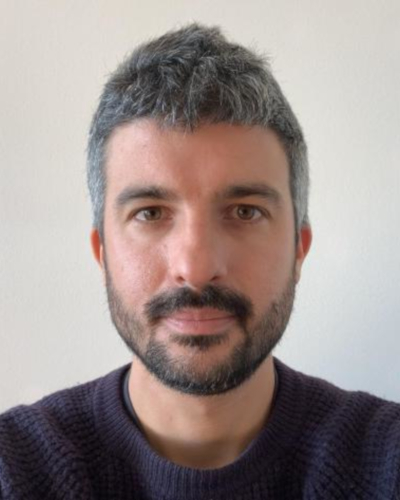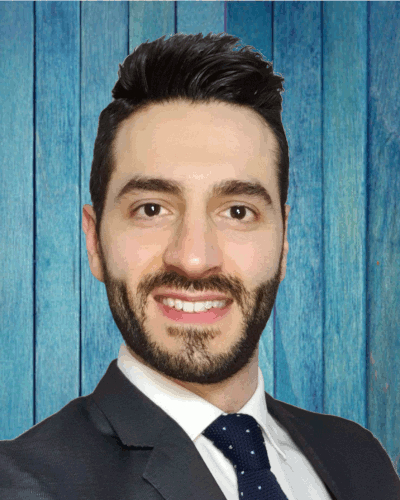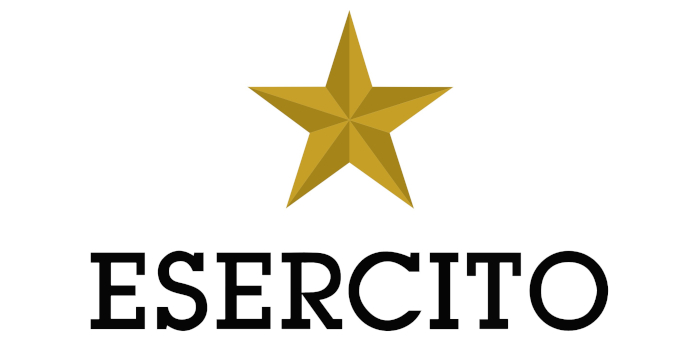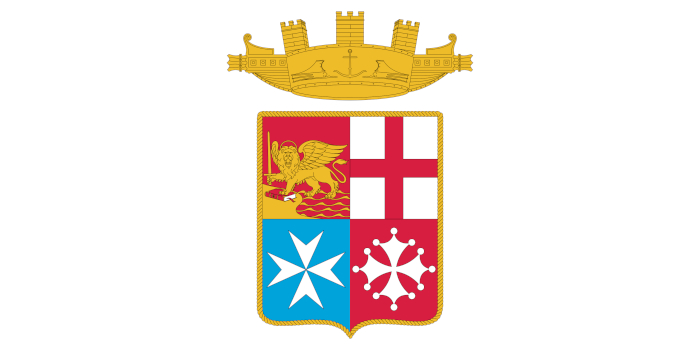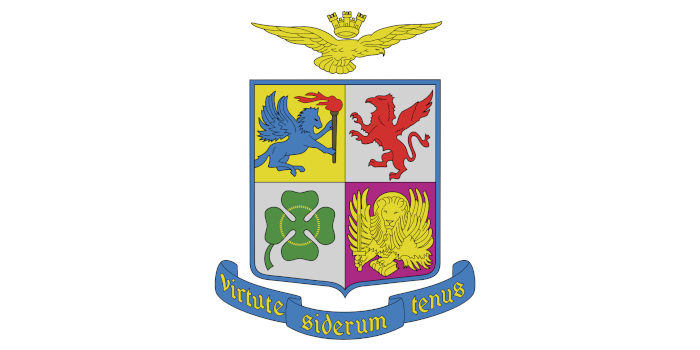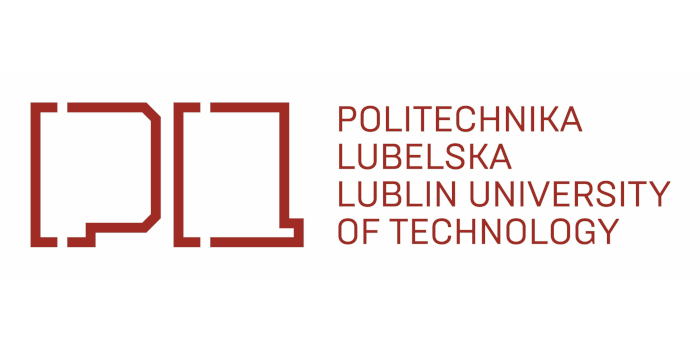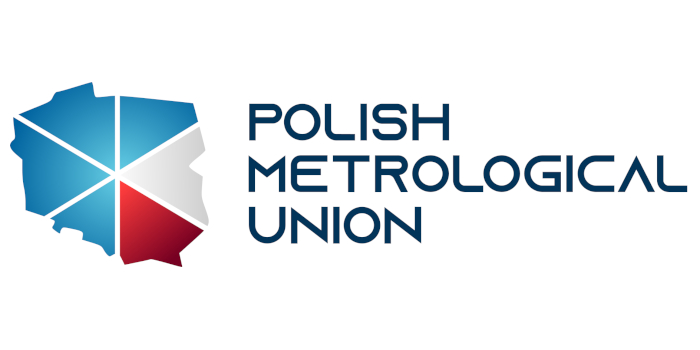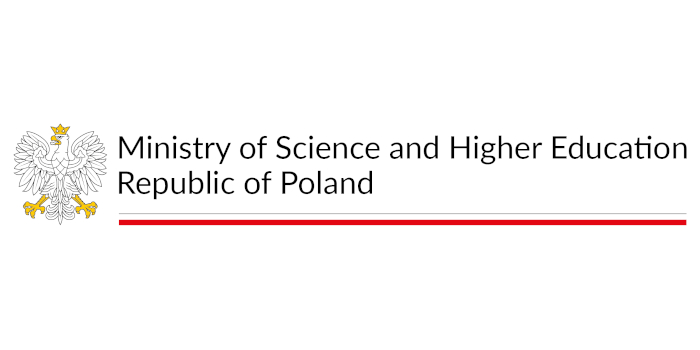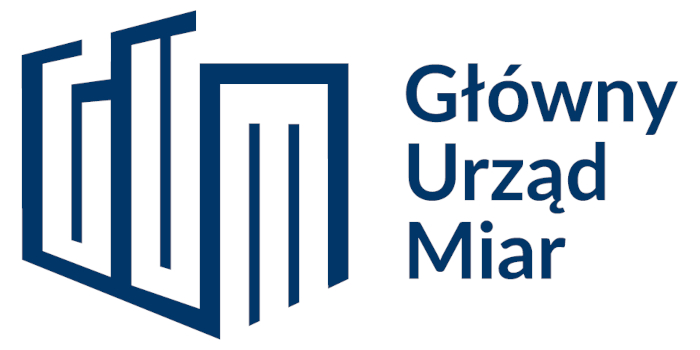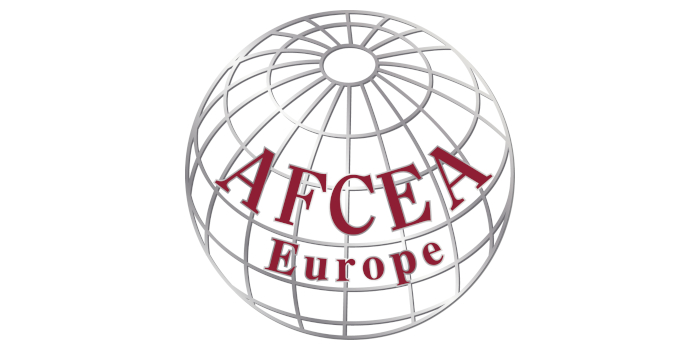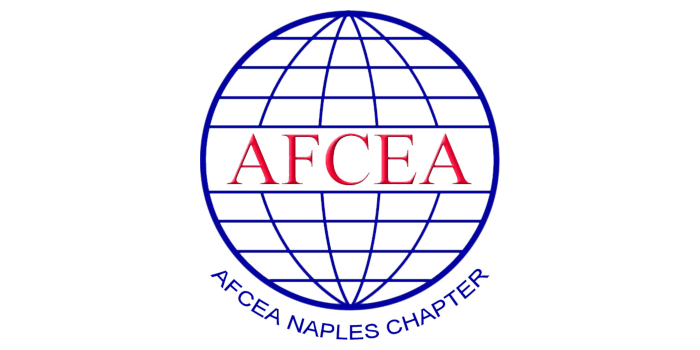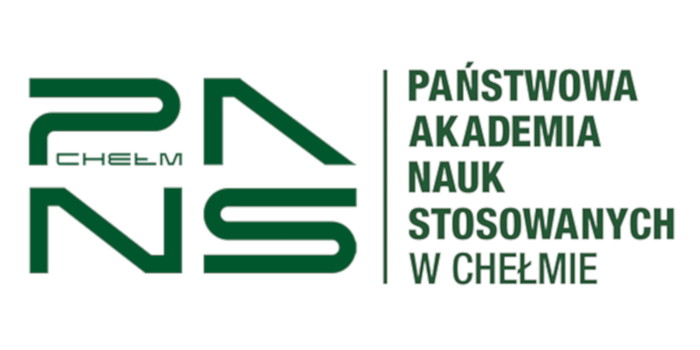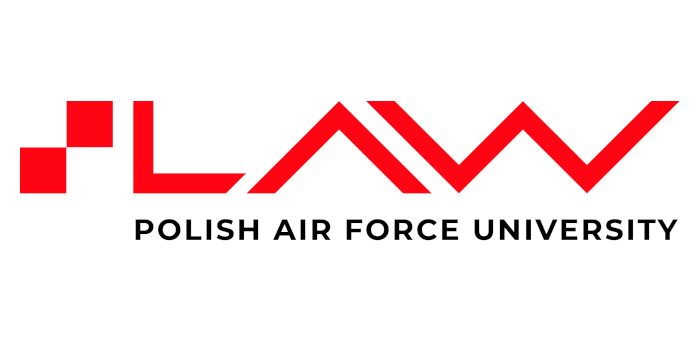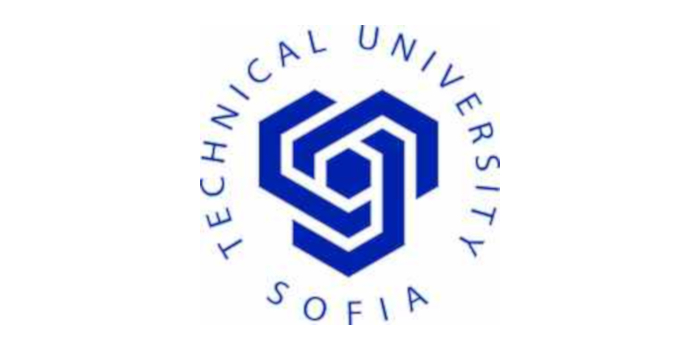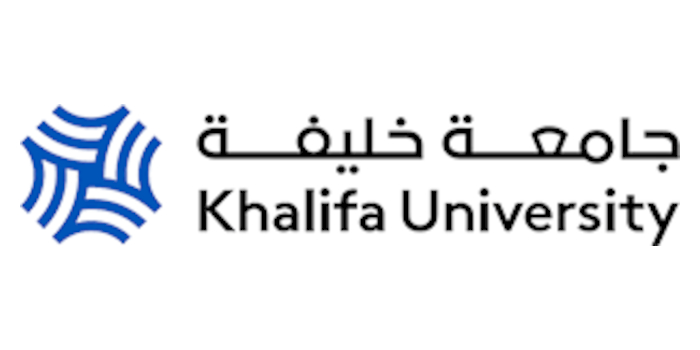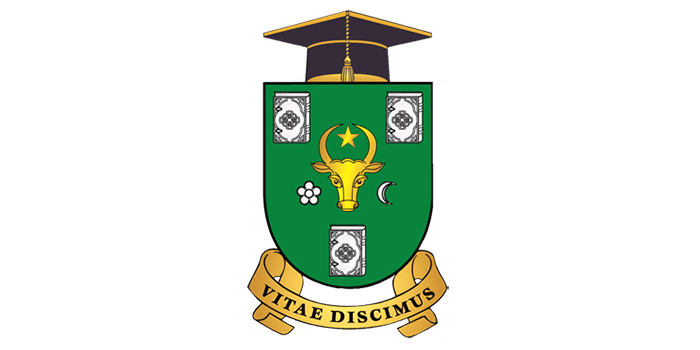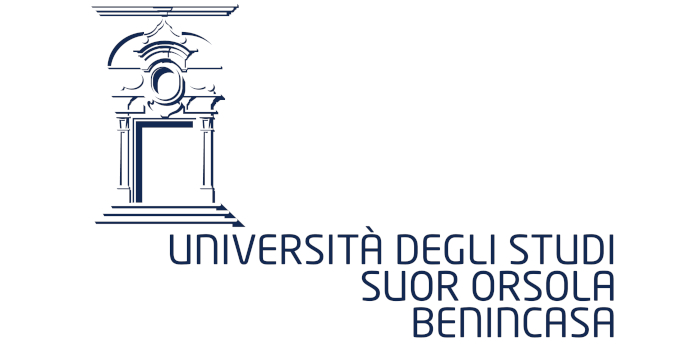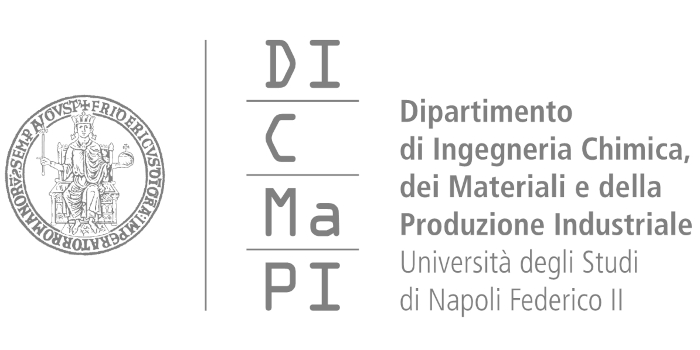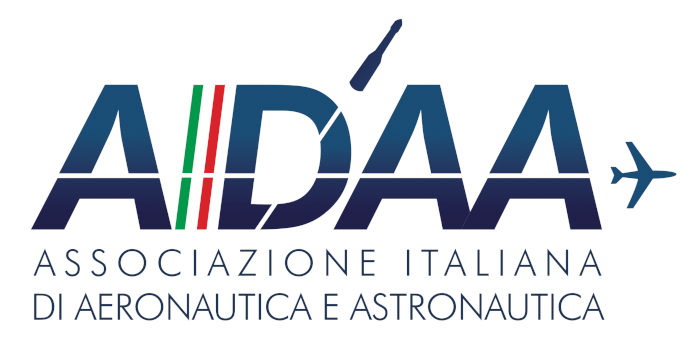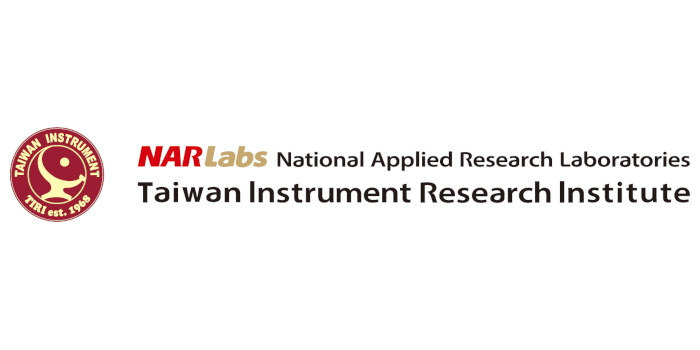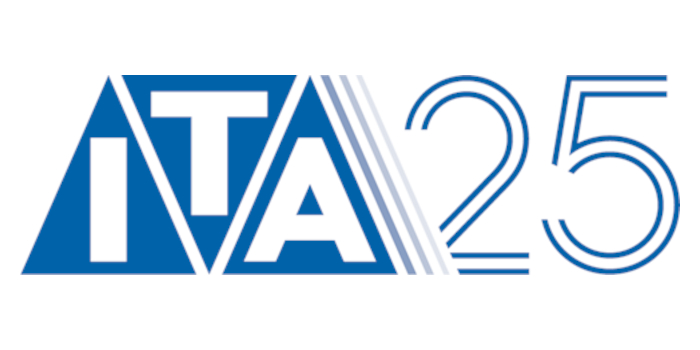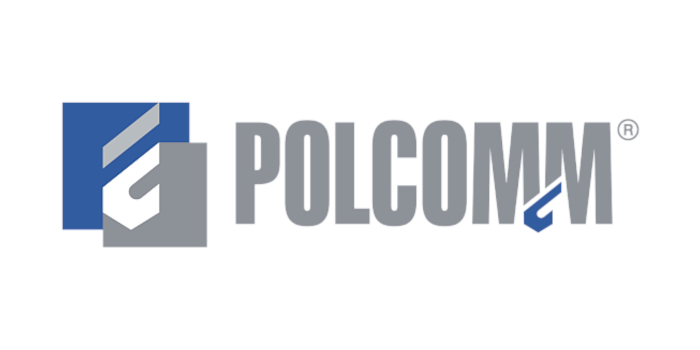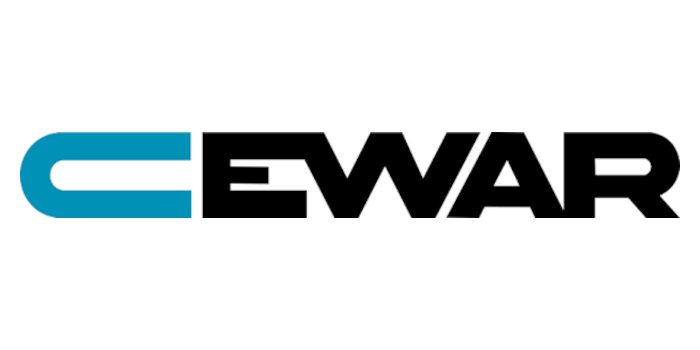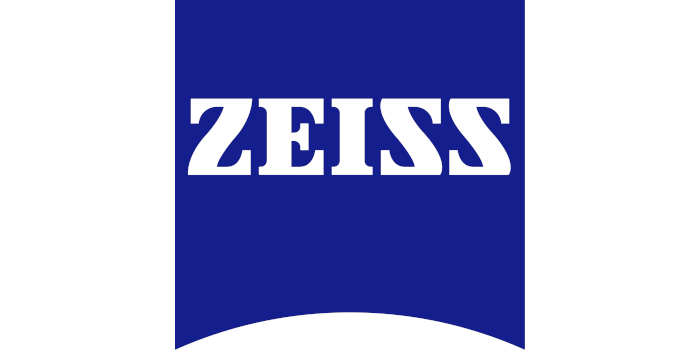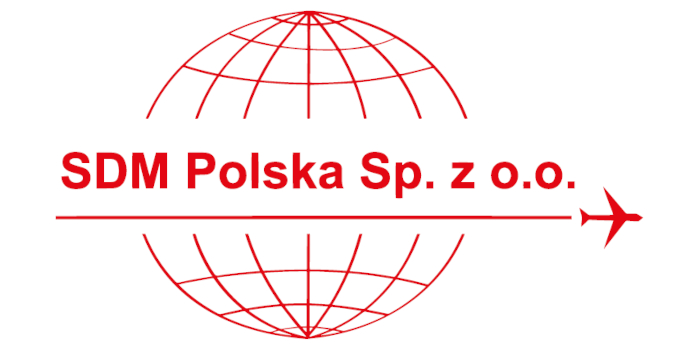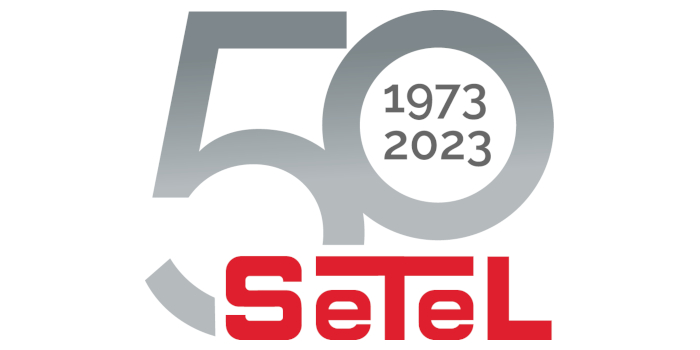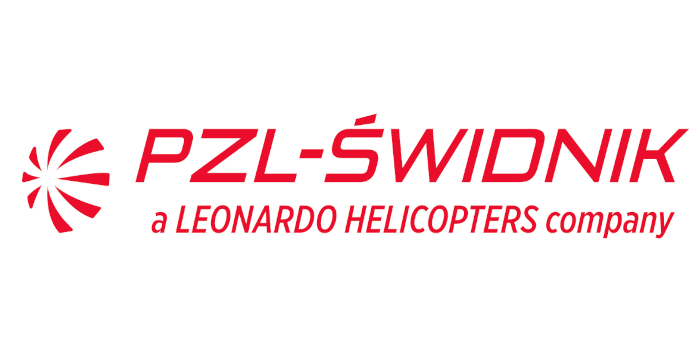SPECIAL SESSION #6
Advances in Measurements for Autonomous Space Systems and for the Development and Testing of their Subsystems
ORGANIZED BY
Marco Pertile
University of Padova, Italy
Sebastiano Chiodini
University of Padova, Italy
Riccardo Giubilato
German Aerospace Center -Institute of Robotics and Mechatronics Perception and Cognition, Germany
Andrea Valmorbida
University of Padova, Italy
ABSTRACT
This special issue encompasses research contributions in the field of measurements for autonomous space systems, such as spacecraft, planetary rovers or robotic systems. We encourage submission of manuscripts in technical fields ranging from the relative or proximity navigation of spacecraft, for instance for rendezvous and docking maneuvers or formation flight or tethered systems, to global or local navigation of rovers for space exploration, and including also the development and testing of autonomous spacecraft subsystems, for instance devices to reduce space debris or to deploy tethers and antennas.
We invite contributions specifically in the area of attitude and position measurement systems, with a focus on both vision-based and LiDAR-based technologies. The relevance of relative navigation between satellites and spacecraft is steadily increasing, driven by a growing number of applications such as the formation flight of small satellites, rendezvous and docking for satellite maintenance, end-of-life operations and space debris mitigation.
Additionally, we welcome contributions related to planetary rover navigation in unstructured environments. The rising interest in rover navigation, especially for in-situ operations in planetary exploration, is evident through the planned mobile robotic missions in the upcoming years.
Simultaneously, we encourage submissions related to the development and testing of spacecraft subsystems. Examples are: optical payloads or imaging systems; space mechanisms, for instance front door mechanisms or deployment devices for long structures; space debris mitigation devices based on long tethers which exhibit particular dynamics and thermal conditions. Such innovative devices require complex measurements and testing for performance assessment and for the improvement of control laws and stabilization algorithms. Analyzes and studies on the possibilities of orbital control using completely green electrodynamic systems are welcome.
TOPICS
The main topics are:
- Vision-based and LiDAR-based relative navigation for formation flight or between a chaser and a target spacecraft (collaborative or non-collaborative; active or passive; known or unknown; provided with markers or markerless).
- Relative navigation techniques for rendezvous and docking maneuvers between spacecraft or for formation flight.
- Advances in systems for collision avoidance between space vehicles, including hardware, software and new maneuvers or methods.
- Novel sensor setups and approaches for perception, navigation and interaction between spacecraft and with an unstructured and GNSS-denied environment.
- Vision-based and LiDAR-based navigation and mapping for planetary robots.
- Global and/or local map building in unstructured environments.
- Novel technologies for mapping, navigation and terrain analysis.
- Advances in the calibration procedures and techniques of mono- or multi-sensor systems for relative and absolute navigation.
- Instrumentation and measurements for the navigation of UAV in planetary environments.
- Sensor fusion techniques for aerospace applications.
- Metrological evaluation and characterization of Machine Learning approaches for the navigation of autonomous spacecraft and vehicles in space applications and planetary exploration.
- Development and testing, such as functional or qualification tests, for optical payloads and subsystems.
- Development and testing, such as functional or qualification tests, for space mechanisms and devices, such as front door mechanisms and deployment systems for antennas or solar panels.
- Development and testing of deployment systems for long tape tethers.
- Development and testing of the employment of long non-conductive and conductive tethers in space, including the analysis of their performances, deployment and control laws.
- Development and testing of fully green electrodynamic (propellant-less) systems for orbital control.
- Study of propellant-less technologies and systems for space debris mitigation and remediation.
ABOUT THE ORGANIZERS
MARCO PERTILE
Interests: mechanical and thermal measurements, design of experimental tests and set-up for space systems, design of measurement systems based on vision systems and laser scanners, robotics, autonomous vehicles, uncertainty evaluation.
CV: PhD in Space Science and Technology at the University of Padova. Associate Professor in Mechanical and Thermal Measurements in the Industrial Engineering Dept. – University of Padova. Main research interests: mechanical and thermal measurements, design of measurement systems based on vision systems and laser scanners, robotics, autonomous vehicles, uncertainty evaluation, design of experimental tests and set-up for space systems. Involved in several international projects, such as: H2020 Project ETPACK Electrodynamic Tether PACKaged in a reel on-board the spacecraft; SIMBIO-SYS Experiment on board of the ESA mission BEPI Colombo; DREAMS EDM Payload for the EXOMARS2016 mission; OSIRIS of the ESA Rosetta mission. Recipient of the following awards: “Paolo Cappa” Award for the best paper in the Italian National Forum on Measurements 2018; Best Paper in Mechanical and Thermal Measurement for Aerospace in the IEEE Int. W. in Metrology for Aerospace 2014; “one of Transactions Outstanding Reviewers of 2014” from the IEEE Instrumentation and Measurement Society; Santini Award for best paper space section from the Italian Association of Aeronautics and Astronautics 2007.
Sebastiano Chiodini is Research Associate in Mechanical and Thermal Measurements at the Department of Industrial Engineering of the University of Padova, Italy. He previously was a Post-Doctoral Research Fellow at the Centre of Studies and Activities for Space “G. Colombo”, University of Padova. In 2017, he obtained a Ph.D. degree in Space Sciences, Technologies and Measurements from the University of Padova, having completed his B.Sc. and M.Sc. degrees in Aerospace Engineering from the same university and the École centrale de Lyon under the T.I.M.E. double degree program in 2013. During the JPL Visiting Student Researchers Program (JVSRP) at the Jet Propulsion Laboratory, California Institute of Technology, Pasadena, CA, USA in 2016, he worked on a collaborative visual localization method for rovers designed to hop and tumble across the surface of comets and asteroids. Sebastiano has contributed to the development and qualification of the COver Mechanism (COM) of the JANUS telescope and has collaborated with ALTEC SpA, Turin, Italy, on the development of localization algorithms for ESA ExoMars rover. His research interests include the design and development of machine vision-based measurement systems for drones and rovers, LiDAR-based measurement systems for robotics and autonomous navigation, and the design and testing of mechanisms for space applications.
Riccardo Giubilato is a Researcher at the German Aerospace Center (DLR), Institute of Robotics and Mechatronics, Dept. of Perception and Cognition. He received a Ph.D. degree in Space Sciences, Technologies and Measurements from the Centre of Studies and Activities for Space (CISAS) “G. Colombo,” University of Padova. Since 2019 he is a full-time researcher in the context of localization and mapping for planetary agents. He conducts active research in the field of SLAM and place recognition under severe environmental conditions. He is a core developer for the software of the DLR/CNES rover Idefix, part of the JAXA Martian Moon eXploration (MMX) mission to Phobos. His research interests include multi-modality for place recognition, semantic scene analysis, multi-robot and multi-session localization and mapping in unstructured planetary settings.
Andrea Valmorbida is currently an Assistant Professor in Mechanical and Thermal Measurements at the Department of Industrial Engineering (DII) of the University of Padova, Italy, where he holds part of the lessons of the courses Space Instrumentation and Satellite Navigation in the Aerospace Engineering degree program. He earned a Master’s degree cum laude in Aerospace Engineering in 2009 and subsequently obtained a Ph.D. degree in Sciences, Technologies and Measurements for Space in 2014, both from the University of Padova. During 2012, Andrea conducted research at the Space System Laboratory of MIT, contributing to the development and testing of Model Predictive Control strategies on the SPHERES testbed for satellite proximity navigation. His research activities focus on the following topics: development and experimental testing of relative measurements systems and guidance navigation and control algorithms for satellite proximity operations; measurement systems, dynamics and control for electrodynamic and inert tethered satellite systems. Andrea has actively participated as a member of 8 international and national projects, including noteworthy involvement in an FP7 project (BETs) and two H2020 projects (E.T.Pack and E.T.Pack-F) (etpack.eu). Since 2012, he has played a key role in the development of SPARTANS, a cooperating spacecraft testbed for autonomous proximity operations experiments (research.dii.unipd.it/mts/Facilities/).



